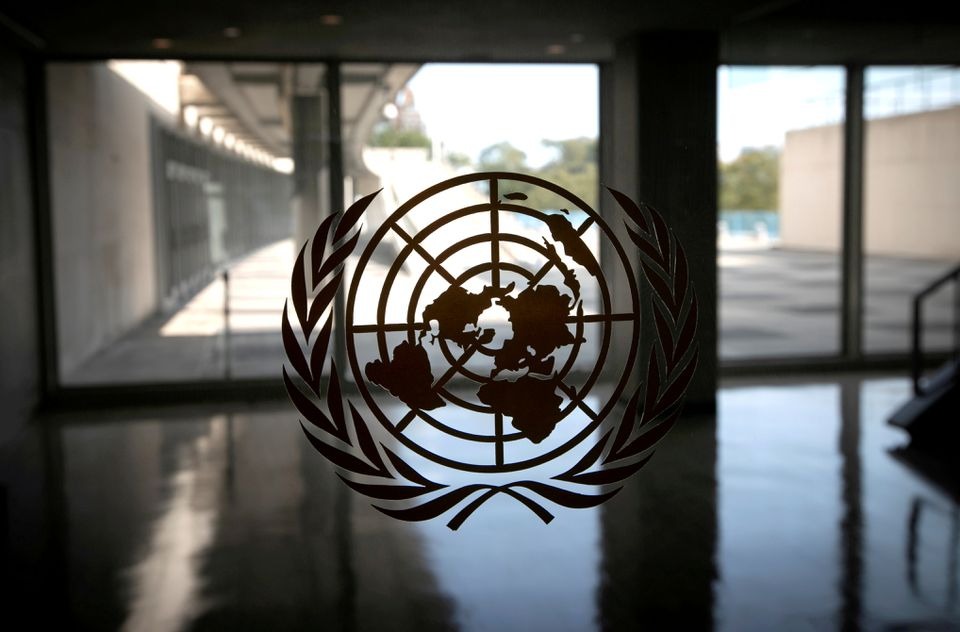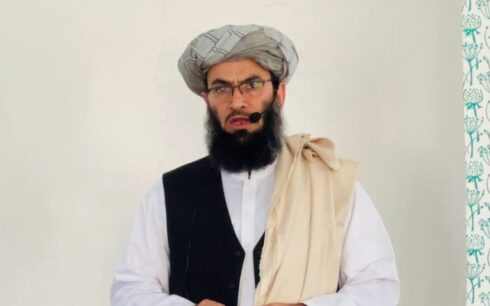A United Nations delegation is currently in Kabul to assess the situation in Afghanistan and prepare a briefing for the UN General Assembly.
The group, part of the United Nations General Assembly Fifth Committee, which handles administrative and budgetary issues, is evaluating the activities of the UN Assistance Mission in Afghanistan (UNAMA) to determine the country’s priorities.
The head of the delegation stated they are actively assessing the situation and will also visit other Afghan provinces. In a meeting with the delegation, Taliban Foreign Minister Amir Khan Muttaqi emphasized that the Taliban does not want Afghans to depend on long-term external humanitarian aid.
According to a statement from the Taliban’s foreign ministry, the visit by Bachar Bong Abdullah, the committee’s head, aims to review UNAMA’s operations and highlight Afghanistan’s priorities to the UN General Assembly.
However, women’s rights activists have criticized the approach, arguing that authentic Afghan priorities should come directly from its citizens, not the Taliban. “The Taliban’s narrative to the UN is self-serving and misleading,” said Hadiya Sahibzada, a women’s rights activist. Rahil Talash, another activist, echoed this sentiment, urging that the real conditions for women be communicated to the international community.
Amjad Qaid Ahmed Al-Kumim, a committee member, expressed a commitment to closely observe conditions throughout the provinces.
Despite the Taliban’s claims of women’s significant roles in the private sector, their policies continue to restrict women’s rights to work and education. “The world knows the Taliban’s deceit, yet a truthful report must come from the people, particularly from women whose rights are daily violated,” Talash added.
According to the UN Food Agency, a third of Afghanistan’s population faces food insecurity, and the UN’s Office for the Coordination of Humanitarian Affairs (OCHA) reports that over 23 million people need humanitarian assistance. Kabul residents, like Maryam and Nawid, also voiced their concerns to Amu news, calling for the UN delegation to address severe restrictions on women and push for their rights and opportunities.





